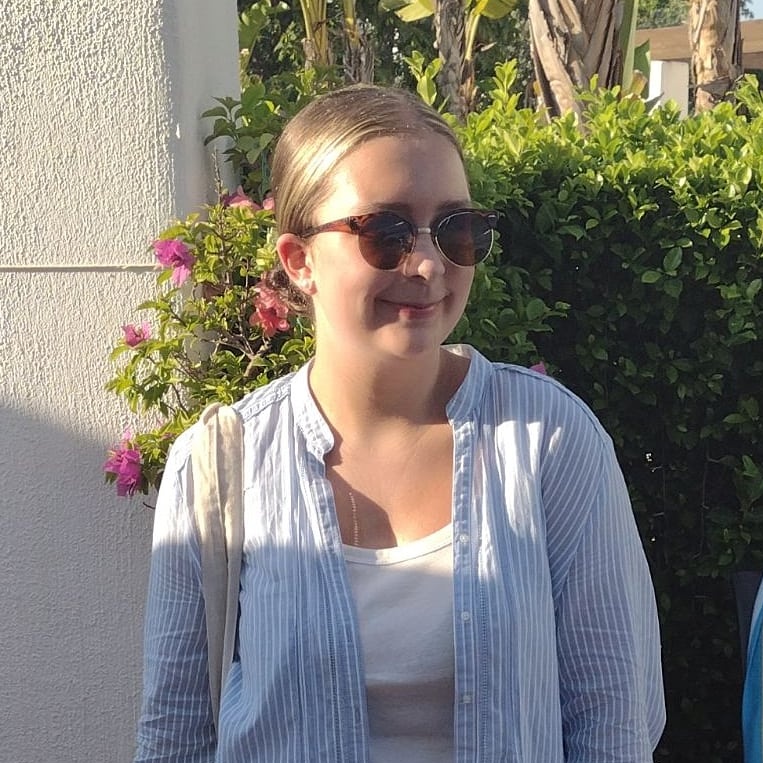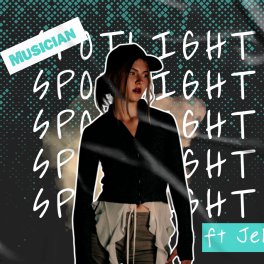
Should there be limitations for YA fiction? Due to their own religious or political views, many parents and educators have campaigned for certain Young Adult books to be banned. Many would claim that heavy amounts of violence or more mature themes should not be allowed in books for teenagers and views vary on what the limitations should be. After reading and writing in this genre, I believe that we should take on challenging topics.
For example, drug abuse and smoking. While these subjects may seem too heavy, they are real problems that impact teenager’s lives. The vast majority of young people will have friends or relatives that smoke and likely experience a form of peer pressure surrounding either of these issues. People might argue that writing about this may encourage teens, but awareness can be spread without romanticising the topic. Writers can portray realistic teenage characters that are influenced to smoke owing to stress, personal issues or more while not motivating their readers to follow the same path.
Relationships and explicit content are another feature that can lead to books being banned. Avoiding the existence of sexuality in teenage lives feels ignorant as though we are pretending that young adults are completely oblivious. In my experience, the reality is that reading novels may be the only form of RSE (Relationship and Sexuality Education) that many young people receive. With schools not educating them on religious grounds and parents shying away from the topic, a lot of teens may only be reaching inaccurate information online. Books need to balance including realistic portrayals of romantic content appropriately for teenagers with a reminder that not having these specific experiences is perfectly ok too. Moreover, relationships (whether observed or engaged in) are a common part of the youth experience. Everybody knows someone that has dated, been in a ‘situationship’ or had a long-term commitment with another person. If we pretend that dating doesn’t occur at all, we are once again ignoring the reality. Why can’t we offer young people a safe space in the pages of a book?
Similarly, many groups aim to eliminate LGBTQIA+ Young Adult novels. This steals a chance of experiencing feelings of acceptance, appreciation and support from thousands of potential readers. When there are accurately written LGBTQIA+ characters, this representation can make the process of accepting your sexuality much easier. Seeing yourself and your relationship represented will undoubtedly help at least one young person out there feel less lonely and more proud of who they are. Once again, it is simply unrealistic and homophobic to ignore the existence of LGBTQIA+ teenagers by pretending that every young person is heterosexual. If you intentionally write your novel without including characters from all backgrounds, this excludes many readers and could make them feel unimportant, forgotten and unwanted. You have the opportunity to make your readers feel accepted throughout the journey of your story. Why wouldn’t you?
Equally, violence rises as an issue. Yet teenagers witness violent acts and are not ignorant to societal issues. Arranged fights, sudden attacks and beyond are all prevalent in the lives of young people and something that the majority will have to face at a certain time. I’ve found a lot of respect for authors that discuss the issues of violence realistically in YA books as they are not pretending that young people are unaware of such problems. Many are raised in communities that are full of violence and perhaps seeing this represented, but not encouraged, may help them to feel less alone.
Overall, young people are far more educated on certain issues than people believe. On a separate note, they deserve to see themselves represented regardless of their sexuality or background. Teenagers are in relationships, they witness violence, they see smoking and drug abuse all the time. Should we tackle big issues in YA fiction? Absolutely. Whether to educate or support young people, it matters when writers take risks. As a teen, I admire authors that dare to be bold with their writing, taking on the tough stuff without hesitation. To those sorts of writers, thank you for respecting your Young Adult audience. We will respect you for it.
Support Young Creators Like This One!
VoiceBox is a platform built to help young creators thrive. We believe that sharing thoughtful, high-quality content deserves pay even if your audience isn’t 100,000 strong.
But here's the thing: while you enjoy free content, our young contributors from all over the world are fairly compensated for their work. To keep this up, we need your help.
Will you join our community of supporters?
Your donation, no matter the size, makes a real difference. It allows us to:
- Compensate young creators for their work
- Maintain a safe, ad-free environment
- Continue providing high-quality, free content, including research reports and insights into youth issues
- Highlight youth voices and unique perspectives from cultures around the world
Your generosity fuels our mission! By supporting VoiceBox, you are directly supporting young people and showing that you value what they have to say.





